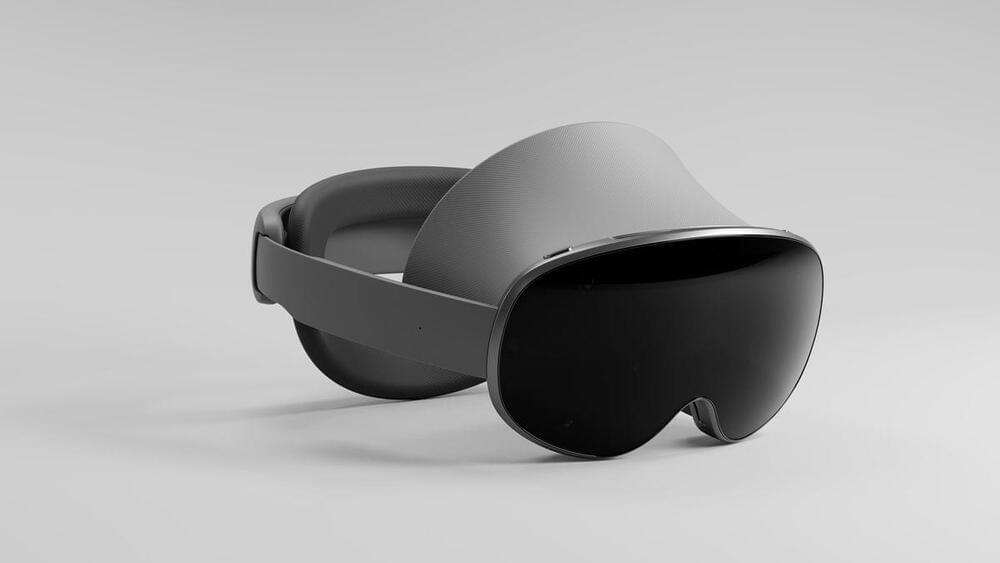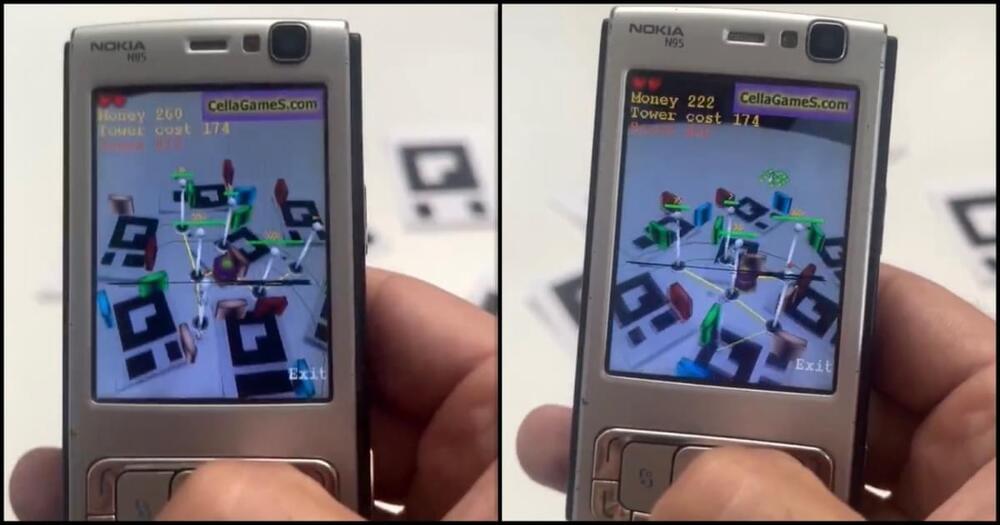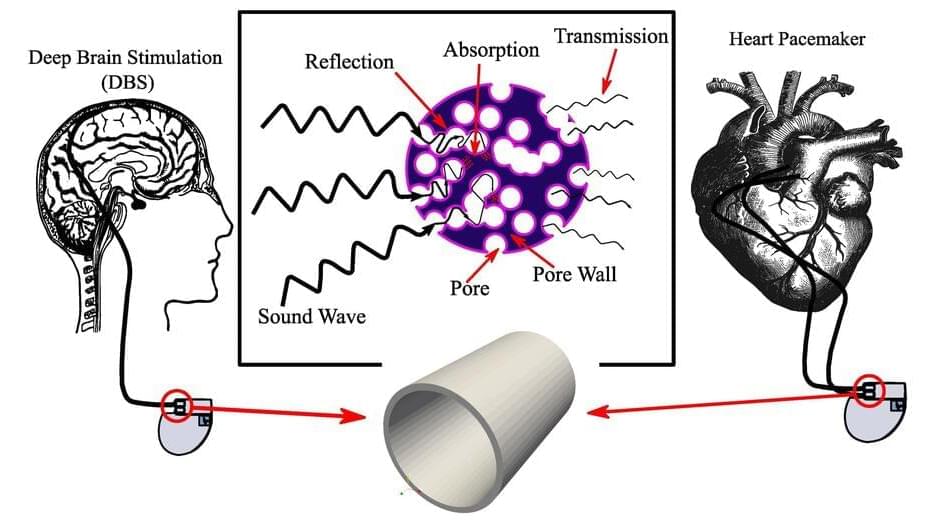A small team of AI researchers at Adobe Inc., working with a colleague from Auburn University and another from Georgia Tech, has developed a small language model (SLM) that they claim can be run locally on a smart phone with no access to the cloud. The group has written a paper describing their new app, which they call SlimLM, and have posted it to the arXiv preprint server.
As LLM technology continues to mature, researchers across the globe continue to find new ways to improve it. In this new effort, the research team has found a way to cut the cord for a specific type of AI application—processing documents locally.
As LLMs such as ChatGPT become more popular, users have become more worried about privacy. And it is not just individuals—companies large and small have adopted AI applications that assist with a variety of business processes, some of which require a high degree of privacy.






